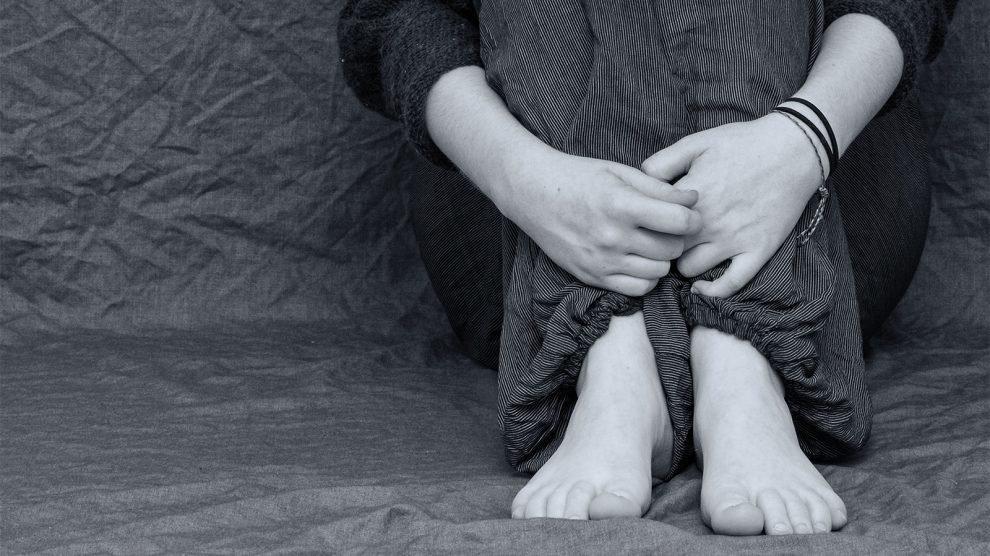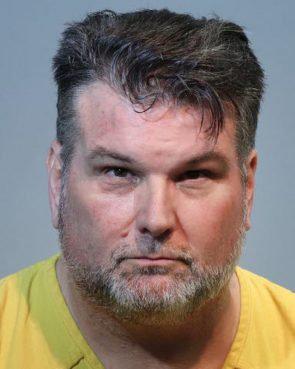|
An accused pastor’s suicide: The pain we see and the pain we don’t
By Christa Brown
Last week, confronted with criminal charges of having repeatedly raped a teenage girl, the Rev. Bryan Fulwider killed himself while out on bail. At the time of the alleged offenses, he was senior pastor at First Congregational Church of Winter Park, Florida. Many will no doubt think that the pastor’s death should put an end to the disturbing questions about what he may have done during his life: Let the dead rest in peace. But the problem is this: The death of a child molester doesn’t automatically bring peace for his victims. To the contrary, it often brings greater pain. Having already had their innocence, trust and bodily autonomy stolen, a perpetrator’s untimely death may then rob victims further by depriving them of the opportunity for vindication and justice in a court of law. As reported, the arrest documents said Fulwider had raped the girl “well over 100 times” beginning when she was 14. Though Fulwider pleaded not guilty, prosecutors described their case as “extremely strong,” pointing to an hourlong recorded phone call in which Fulwider admitted to having a “sexual relationship” with the victim when she was younger than 18 and that he was a predator in the “eyes of the law.” Fulwider’s own sons have said “we believe the victim.” If we assume the truth of the victim’s allegations, then Fulwider’s suicide will not spare her the traumatic fallout from all that he did to her. For many clergy sex abuse survivors, trying to heal from such a soul-murdering offense is a lifelong process. Sexual abuse in childhood carries a known correlation to a host of serious problems in adulthood, including alcohol and drug addiction, post-traumatic stress disorder, chronic depression, inability to trust, relationship difficulties, familial estrangement, cancer, suicide ideation and more. Fulwider’s death will not prevent any of these difficulties; nor will it heal the internal pain of the woman’s traumatic memories. This is the invisible pain that lingers in the shadows. Our self-protecting instinct is often to turn away from the darkness of what the victim will suffer. Some may even choose to focus instead on the more readily visible pain of the pastor’s family and friends in the wake of his death. However, while the pain of the child sex abuse victim is less readily visible, it is no less real. The tragedy of Fulwider’s death should not deprive the alleged victim of recognition of the tragedy she likely suffered. His suicide may have ended the government’s obligation to assess the truth of the charges, but it didn’t end the moral obligation of the faith community. To avoid institutional complicity in profound harm, Fulwider’s denomination, the United Church of Christ, should go forward with its own process and assess the allegations against him in an independent and transparent manner. Such an assessment is important, not only for the sake of this one woman who has come forward, but for the sake of outreach to any other possible victims. You can be sure that, if Fulwider had other victims, they are quietly watching to see whether the faith community will actually give a hoot; and based on what they see, they will weigh whether they too should risk speaking up. Finally, there are concerns from within the church and community to reckon with. In addition to being a longtime pastor, Fulwider was a local celebrity, a co-host for a radio program called “Friends Talking Faith.” Many congregants and community members have likely had their memories tainted and their trust shattered; many others may be confused and wondering what to believe. All of them deserve a full accounting. Silence gives power to clergy sex abusers. Even dead ones. So the silence must be dispelled with transparency. The UCC should complete an independent review of the evidence and announce its findings publicly. If the allegations are deemed credible, the UCC should publicly and proactively reach out to any other victims with an offer of support and counseling. This is what clergy sex abuse survivors in all faith communities deserve: to have their painful reports responsibly assessed and to receive support when their allegations are deemed credible.
|
.
Any original material on these pages is copyright © BishopAccountability.org 2004. Reproduce freely with attribution.

